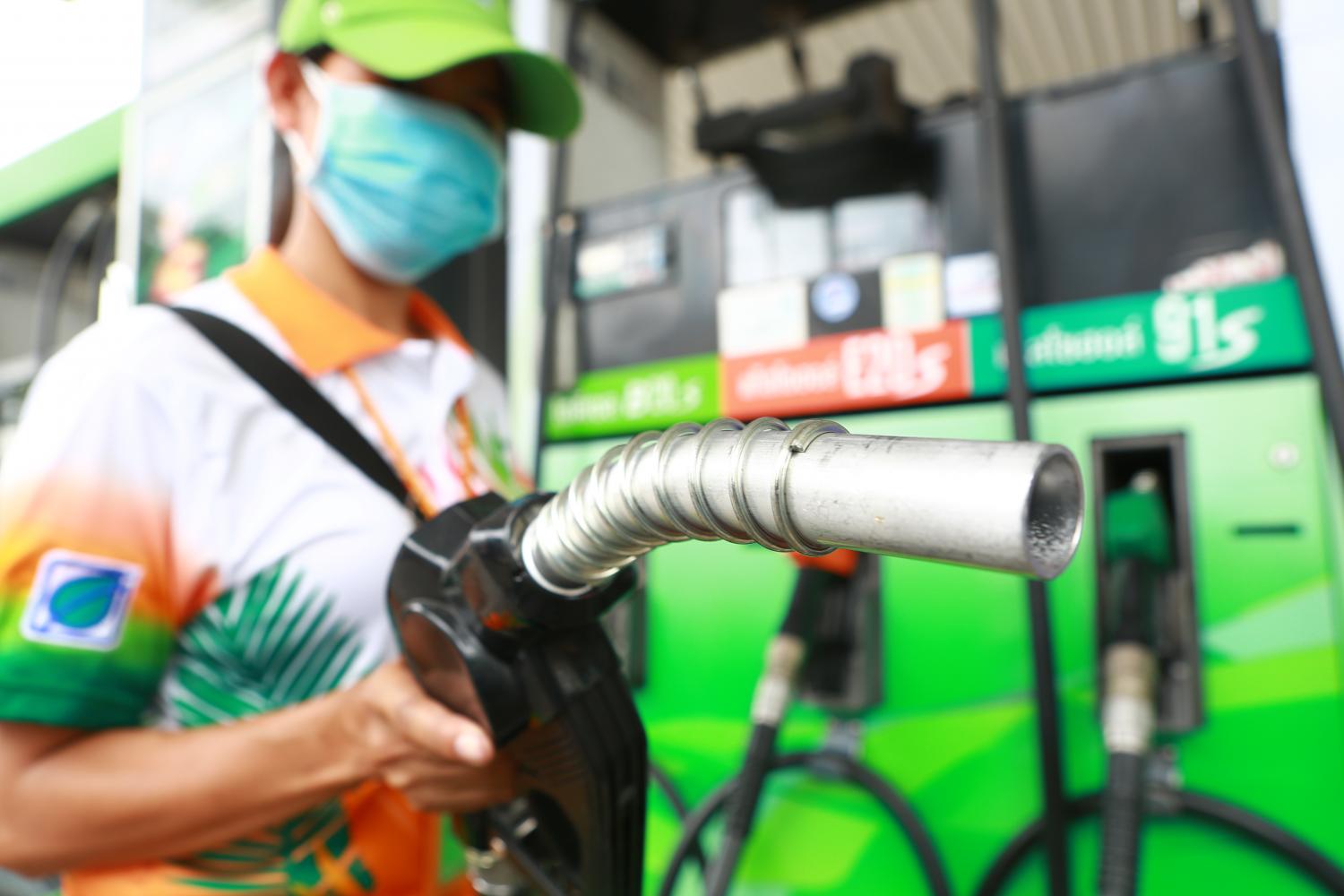
The cabinet on Tuesday approved lifting the borrowing limits for the state Oil Fund to allow for management flexibility, a move that offers the government more room to cope with surging fuel prices caused by the Russia-Ukraine conflict.
According to Deputy Prime Minister Supattanapong Punmeechaow, the cabinet agreed to remove the borrowing limits set at 40 billion baht as resolved by the National Energy Policy Committee on March 9.
The removal aims to create greater leeway in managing domestic fuel oil prices at an appropriate rate and ensure sufficient funding for the state Oil Fund.
The removal still requires legal amendments. The law governing the Oil Fund does not allow its management to seek loans worth more than 40 billion baht.
"The approval is based on the government's strategic plan to manage the energy crisis between 2020 and 2024, which should help it to maintain the retail prices of diesel at 30 baht per litre as long as possible," he said. "Global oil prices remain highly volatile and the ministry is evaluating the situation on a day-to-day basis."
Mr Supattanapong said although the borrowing limits are lifted, the government would try its best to cap borrowing at no more than 40 billion baht to prevent any impact on public debt.
According to the Energy Ministry's report to the cabinet, the state Oil Fund paid an average of 7.25-7.6 billion baht per month in subsidies to maintain the retail prices of diesel at 30 baht per litre during January to February, which is considered relatively high.
As a result, the fund is about 24 billion baht in the red, said government spokesman Thanakorn Wangboonkongchana.
Prime Minister Prayut Chan-o-cha said last week the government would do its best to maintain lower fuel prices and was reviewing measures to alleviate the impact on the public as much as possible.
He said the government would peg the retail prices of diesel as long as it can, but it has to take into consideration the possibility of global prices soaring to $130-180 a barrel.
Gen Prayut said the government was examining several measures including taxes and financing to help the Oil Fund, though the measures are limited.
When asked if the government would maintain the retail price of benzine, the prime minister said the government would need to come up with measures to address the hardship of specific groups.







